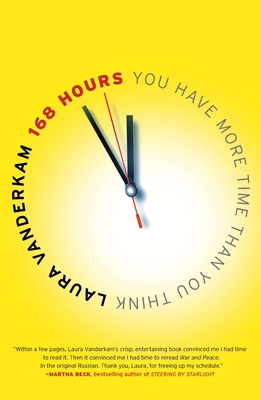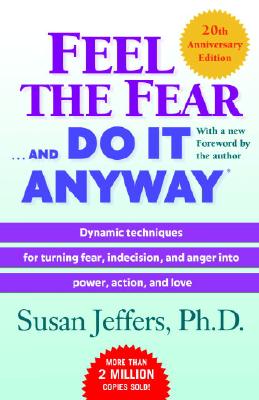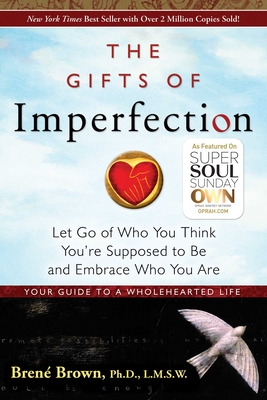By Kayla Allen
The day started auspiciously enough, with a visit to the Villa Noailles, a modernist structure designed in 1923 by Robert Mallet Stevens. My three children romped in the triangular cubist garden. I wallowed in the view from the hillside, a span that stretched above the ancient city of Hyeres and out to sea, beyond the Iles d’Or, the three islands punctuating the coastline. Our annual summer trip to France had rolled around and in this Eden-like setting I felt smugly serene. I vowed to the wind, water and sky: this vacation, I would get along with the Var-ois.
I had previously lived in the region that runs along the Riviera and stretches to the vineyards of Bandol, with a hefty Provencal overlap into the Luberon. But my two year stay in Hyeres was marred by grumpy bigots and xenophobes who would wag their fingers at this lanky blonde American and her dingo-like dog any chance they got. I revealed my nationality simply by saying a warm Louisiana “bonjour” to whomever I passed on the street. People wouldn’t respond, they’d stare back, mortified. The residents of this region of France are notorious, even among their countrymen, for an acute grouch factor, totally incongruous with the calm waters of the Mediterranean and the perpetual sun.
In the late 1800s Hyeres drew crowds as a hopping winter escape for British and Russian aristocrats. Robert Louis Stevenson made an extended pit stop and later remarked, “I was only happy once, that was in Hyeres.” But his stay came nearly a century before Jean-Marie LePen set up camp in the region with his extreme right Front National Party. Jean-Marie LePen has managed to hold various elected offices while spewing vitriolic messages of hate, with poisonous arrows sometimes aimed at American foreign policy and culture. When I am in town, it seems I always bump into his staunchest supporters.
I was happy to leave Shreveport, pleased to be back in Europe and determined not to let my husband’s cranky compatriots interfere with my trip. After my blissful morning at the Villa Noailles, I made a trip to Geant Casino, France’s version of Wal-Mart. Mia, my three-year-old toddler, six months out of diapers, tagged along.
We strolled through the produce section, Mia contentedly following along, pushing a cart tailor-made for her height. She reveled in her independence and her alone-time with me. As we entered the bread department she stopped in her tracks and announced, “I need to pee-pee, Mommy.” Her timing could not have been worse. I instinctively knew French grocery stores did not have toilets. If they did, they would be like all public restrooms in France, covered in mulch of an undetermined nature. No toilet paper to be found, possibly a tiny sink that might offer a sluggish stream of cold water, and certainly no soap.
“Honey, can you wait?” I calculated how much time it would take us to return to our rental. But just as I asked, a small yellow rivulet zigzagged down her legs, creating a puddle at her feet.
“Accident, mommy.”
No problem. I searched for an employee and magically found an amiable enough Produce Guy within seconds. I explained in my acceptable French that my daughter had had a mishap. I even offered to clean it, if he had a few extra paper towels handy.
As he nipped off to find suitable products, I asked Mia not to move in order to keep the mess contained. Meantime, another shopper treaded dangerously close and I warned her in my most cordial voice. Here’s how it translated: “Excuse me – please be careful, my daughter had an accident. It is better maybe don’t promenade upon it. I’m waiting for some wiping material now.”
This woman, a traditional Var-oise whose skin had been baked to a leathery crisp, looked at me as if I’d just sucked down a Big Gulp and followed it with a whopping Yankee belch. Her mouth turned down at the corners and her nostrils flared like she was the main attraction in a bullring. She pushed her dyed black hair out of her eyes, leaned over to grab a loaf of bread and whispered “petite salope.” Huh? Had she called my daughter or me a little bitch?
My hackles shot straight up.
The nice Produce Guy came with the towels and I started cleaning Mia while he mopped the innocent mess. I turned to the woman. “Vous avez une problem, madame?” I asked.
She emitted an evil glow and smirked. “Put a diaper on her, alors!”
Defending oneself against rude inhabitants in foreign countries only amounts to extreme tedium. But when unjustifiable insolence is directed at the most perfect three year-old girl in the world, rage follows. I was dazed by my indignation. In stunned silence I checked Mia and told her everything was okay (she sported quick drying nylon pants). Next, I approached this monster before she left our section and in my best negative-adrenaline-rush French spouted, “Why would you speak something like this? Why would you insult my child in such a way? She made an accident, which is normal for a person of this age!”
She responded with an irritated shrug, “She had an accident but someone else must clean it up.”
I said, “That’s not your problem. You are mean. You are very very mean.” I grew frustrated at my tragically impotent communication skills.
I should have left it at this, and God knows I tried. I looked at precious Mia standing behind her toddler cart. If I’d had the capability to actually think, I could have mused on whether or not allowing her to see my increasing anger was a good idea.
But instead, every Gallic affront I’d ever suffered accumulated in that instant at Geant Casino. And while I’ve enjoyed many wonderful moments during my Francophile years, my mind reeled back to insults hurled, starting in the 80s. Then I first journeyed to France as a neophyte model and magazine editors balked at my size 4, saying I was “porcine.” I thought about the malicious queue-breakers at museums who laughed with disdain when I protested. All the catty shop-girls and condescending waiters I’d ever encountered morphed into a clichéd montage of scornful pointy-noses and mono-brows. I rifled mentally through the piles of hurt and feelings of inferiority from years past.
“O! Let me not be mad, not mad, sweet heaven; keep me in temper; I would not be mad!” I called on Shakespeare for calm, but I could not reason with myself. My earlier vow to avoid getting riled disappeared and my ire switched to high beam.
I took a moment for inward reflection and breathed deep. I tapped into my inner stash of French curse words, honed from years of stoned, drunken nights with my favorite Eurobuddies in bars and hostels across the continent. And I told myself Mia couldn’t yet understand the language, at least not in the way I intended to abuse it.
I strode two aisles over and found Bullwoman examining cheese. “Oh you again?” she said casually.
Yes, me again. I would make it so that she never forgot me. She’d never nonchalantly slur others. Besides debasing my daughter, she’d offended my mothering skills.
I addressed her using the informal “tu-tois”, already an insult. “Toi, tu est une grosse conne.” You are a large idiot. With the right tone it could’ve sounded worse, but I was just getting warmed up. I checked Mia’s whereabouts. She lagged behind me, not in earshot.
Bullwoman responded, “You should learn to speak French, alors.” She followed that with an aside: “Etranger. C’a ma fait chier.” The Var-ois have an irritating habit of hissing “foreigner” whenever a foreigner is around. But to tell me I was annoying her?
The time had come to throw down. My passionate response: “nique ta-mere.” Not only a vulgar way of implying she should have intercourse with her mother, but also the name of a popular rap group from the Paris suburbs. I followed that with a quick “va te faire enculer” implying she should have sex with herself, but via a non-traditional route.
“Casse-toi,” she replied. A simple “bugger off” to which I could not muster a rebuttal.
I returned to Mia, totally dry by now, barely smelling of sweet baby pee. I tried to focus on my shopping, as I stocked up on gruyere, creamy yogurt, and cornichons. I fumed my way through saucisson and jambon. The gall, the Gaul!
People are so polite where I come from that if a little girl accidentally peed in public a stranger would rip off a shirtsleeve to help clean it up. They’d sponsor a bake sale at their church to buy billboard space stating to the world what a great job I was doing as a mother, and as a human being on Planet Earth.
But I languished in the Var.
As I paid for my goods and headed for the exit, I couldn’t help but turn and scan the check out lines for my Var-oise nemesis. It was easy to spot her pernicious aura. Instinctively, I wheeled my cart back inside, resolute in my desire to have the last word. Plus, I was having fun. In the words of Montaigne, “No one is exempt from speaking nonsense, the only misfortune is to do it solemnly.”
When she saw me coming she rolled her eyes. Good, I thought, I’m getting to her. I smiled. “Madame, je comprends tres bien ton problem,” in a low voice and with deliberate calm, I continued in French. “Tu a besoin d’etre bien baiser, mais il ne personne qui veux. Bonne chance.” Translation: “Ma’am, I know what your problem is. You need to get laid but no one will have you. I wish you the best of luck.” Her response: a simple jaw-drop to the scuzzy linoleum-tiled floor.
And with that, I marched triumphant to my car. Without the likes of Bullwoman I would have never have broken past years of suppressed anger. Now when a Var-ois behaves offensively, I smile, shrug my shoulders, and head to the nearest beach.










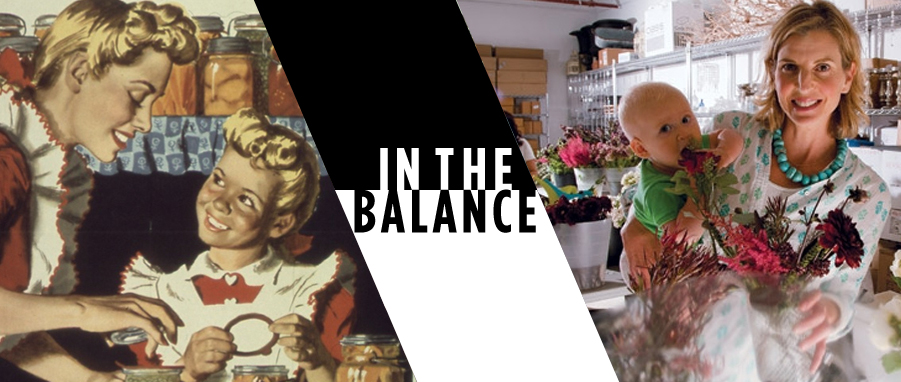


 Bridget is a neuroscience major at a college in Maine. She hasn’t taken a French class since high school before coming to spend these four months in Aix---naturally, her French is a bit rusty at first. But she is open and friendly, and communicates with a completely adorable mixture of lots of hand gestures, anglicized turns of phrase, and ums. It’s easy to understand her if you are willing to listen.
Bridget comes over to my apartment one afternoon. When I introduce her to Agnès, Bridget tries to say how nice it is to meet her, that her home is so sunny and light and she would love to live here. Agnès, not even hearing what she is saying, cuts Bridget off in the middle of her sentence.
Bridget is a neuroscience major at a college in Maine. She hasn’t taken a French class since high school before coming to spend these four months in Aix---naturally, her French is a bit rusty at first. But she is open and friendly, and communicates with a completely adorable mixture of lots of hand gestures, anglicized turns of phrase, and ums. It’s easy to understand her if you are willing to listen.
Bridget comes over to my apartment one afternoon. When I introduce her to Agnès, Bridget tries to say how nice it is to meet her, that her home is so sunny and light and she would love to live here. Agnès, not even hearing what she is saying, cuts Bridget off in the middle of her sentence.






 Dearest Clara,
Dearest Clara,
 I’ve been thinking about this Joseph Campbell quote: “If the path before you is clear, you're probably on someone else's.” As artists, we really don’t know what effect our work will have once we put it into the world. Whether working for a client, collaborating, or preparing for a solo show, that uncertainty is always there.
As artists, we have to be confident enough to make work that is honest about who we are and the world we inhabit. We never know if we are good enough; there is not a set path for how to succeed or even a clear definition of what success means. Embracing that uncertainty and going forth honestly anyway is our job, the same way that when I waitress my job is to set aside my ego and serve the customer as well as I can, even when they are annoying and the kitchen is slow and I am so tired and I have my period and I just want to go home.
I’ve been thinking about this Joseph Campbell quote: “If the path before you is clear, you're probably on someone else's.” As artists, we really don’t know what effect our work will have once we put it into the world. Whether working for a client, collaborating, or preparing for a solo show, that uncertainty is always there.
As artists, we have to be confident enough to make work that is honest about who we are and the world we inhabit. We never know if we are good enough; there is not a set path for how to succeed or even a clear definition of what success means. Embracing that uncertainty and going forth honestly anyway is our job, the same way that when I waitress my job is to set aside my ego and serve the customer as well as I can, even when they are annoying and the kitchen is slow and I am so tired and I have my period and I just want to go home. Artists like El Anatsui (go see his awe-inspiring show at the Brooklyn Art Museum!) and Chakaia Booker (read more about her
Artists like El Anatsui (go see his awe-inspiring show at the Brooklyn Art Museum!) and Chakaia Booker (read more about her  That’s what art does. It takes the parts of ourselves, our worlds, our perceptions that we thought were the most unlovable, the most obscure, or just too obvious to bother with, and transforms them into something to share with pride.
That’s what art does. It takes the parts of ourselves, our worlds, our perceptions that we thought were the most unlovable, the most obscure, or just too obvious to bother with, and transforms them into something to share with pride.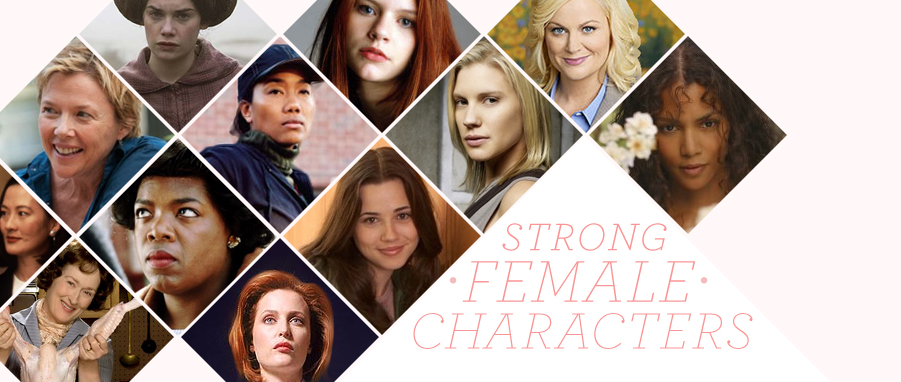




 The past four months have been the loneliest I’ve ever experienced, no thanks to me. My reaction to life in a new country has been to hole myself up and reject most social interaction---hardly a path to happiness, but what do I know when I have never lived away from home for so long before.
The past four months have been the loneliest I’ve ever experienced, no thanks to me. My reaction to life in a new country has been to hole myself up and reject most social interaction---hardly a path to happiness, but what do I know when I have never lived away from home for so long before.
